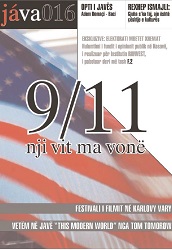
We kindly inform you that, as long as the subject affiliation of our 300.000+ articles is in progress, you might get unsufficient or no results on your third level or second level search. In this case, please broaden your search criteria.

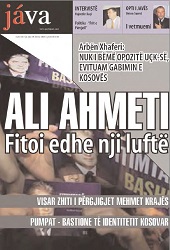
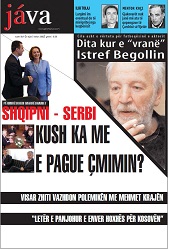
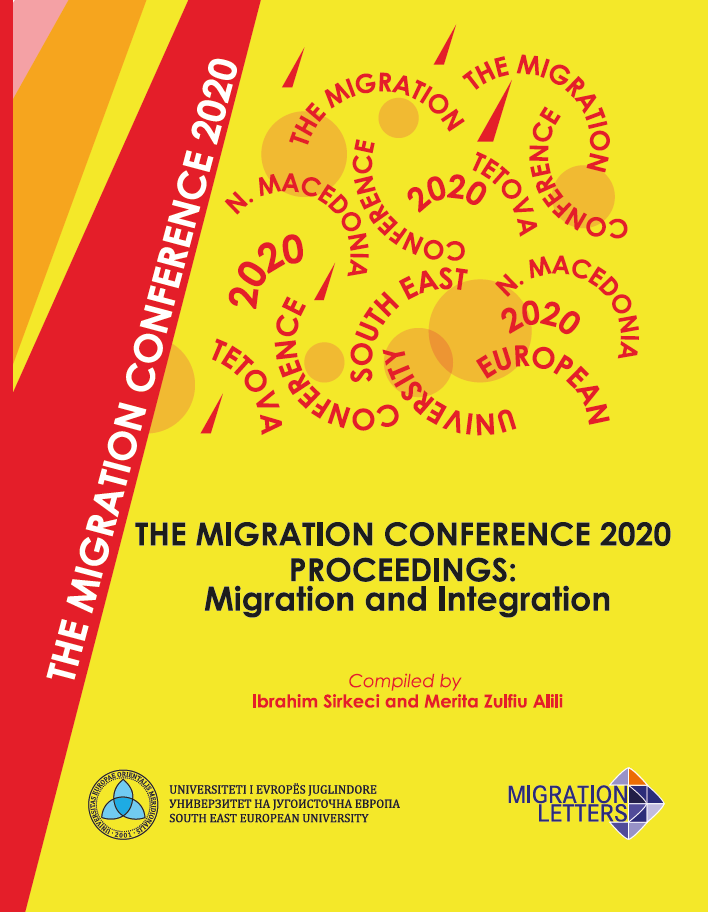
Telling, talking about and writing on experiences of migration, war and flight, means in processto create a space of protection. Also in an inner sense, influencing emotions and feeling of life, or fromthe perspective from outside, watching, what is happening to others: with empathy, migration isunderstood as life changing happening. It is internal sense an from the perspective from outside withempathy a changing event and, communicated with one another, harbors the chance of belonging,placeless and free. When the telling of the others begins, we change and with our imagination reality ischanging.
More...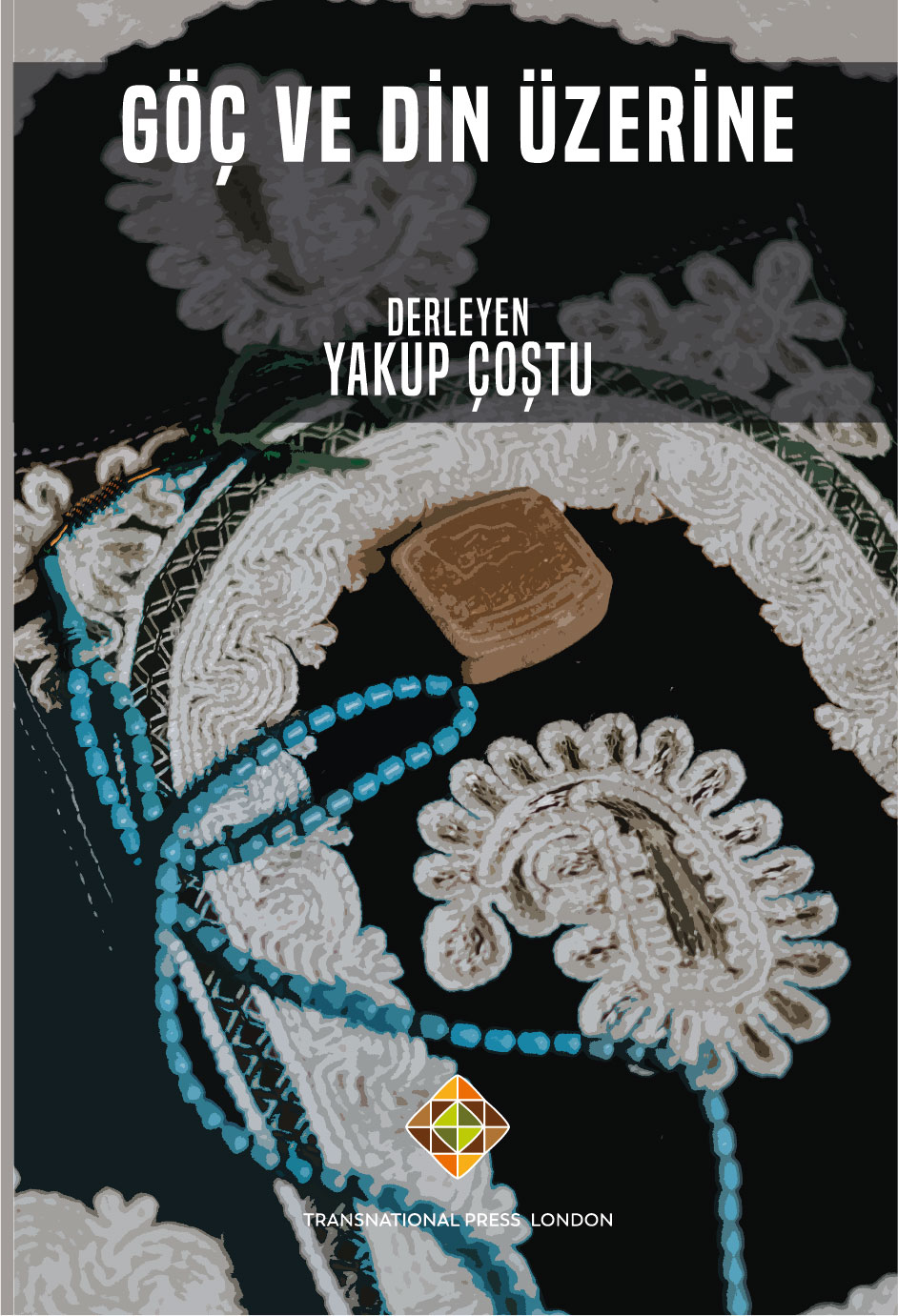
İnsanlar arası ilişkilerin hakkaniyetli bir toplumsal zeminde inşa edilebilmesinin ve sürdürülebilmesinin önündeki en büyük engellerden biri, “biz” ve “onlar” ayrımını oluşturan “sorunlu” kimlik belirlenimleridir. Etnik, dini, kültürel, ideolojik ya da cinsiyete dayalı bir şekilde geliş(tiril)en kimliklere bağlı hak talepleri ve çatışmaları özellikle son elli yılın önemli siyasi ve sos-yo-kültürel değişimlerinin katalizörü olmuştur. Teknik ilerlemenin belirleyiciliğinde çok katmanlı bir sonuç olarak ortaya çıkan küreselleşme, bir yönüy-le adeta küçülerek sıkışan bir dünya durumuna, yani farklı coğrafyalardaki insanları kuşatan zaman ve mekâna dair türdeşlik algısının hızla yayılmasına sebep olurken, diğer taraftan, kimliklere dayalı talep ve çatışmaların yaygın-laşmasına, engellenemez bir yükseliş göstermesine ve farklı siyasi stratejilerin temel söylem ve eğilimini belirleyerek (Keyman, 2007: 110) kamusal ilginin odağına yerleşmesine zemin oluşturmuştur. Dolayısıyla, farklı temel-lerde ortaya çıkan kimlik talep ve çatışmalarına değinmeksizin yaşadığımız dünyayı anlamak, söz konusu talep ve çatışmalara kalıcı çözümler bulmadan da güvenli bir dünya düzeni ihtimalinden söz etmek olanaksız görünmektedir (Yaman, 2016: 730).
More...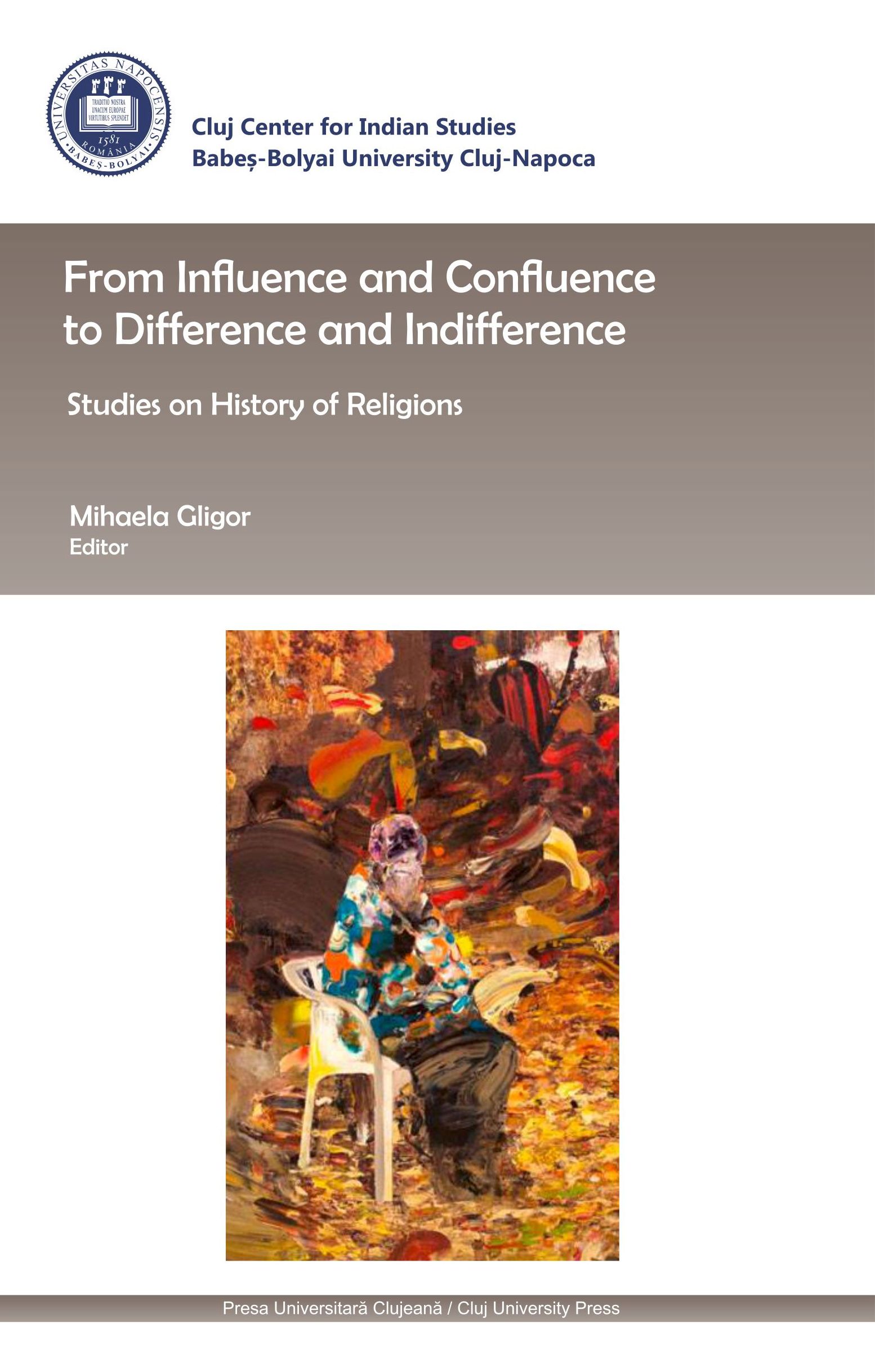
The academic discipline of the history of religions is intrinsically interdisciplinary, and perhaps in a position to contribute particularly useful insights to the dialogue across academic boundaries. This essay is intended to present a very thin slice of cultural responses to our contemporary condition, and to suggest a few possible resources for analysis of them.
More...
We often wonder: What are the limits of religious tolerance? Why can we be very open to the idea of tolerance, as a principle, and still, when it comes about our own family/actions, to be, in many cases, intolerant?1 What is the difference between the idea of tolerance and its particular application? And why, so many times, we are tolerant in words, and intolerant in practice? Why does this difference occur? And why are we showing indifference when we should implicate ourselves and make a difference? Yes, we play with notions, but we actually do this in everyday life.
More...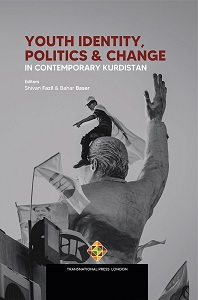
Youth across the Kurdistan Region of Iraq (KRI) are consistently an influential generational cohort that contributes to progressive and evolving visions of Kurdishness. Not only are they impacting the nature of Kurdish identity through their activism and shrewd use of social media, but they are also moving toward a more critical views of patriarchal nationalism (Kurdayetî) and challenging gender norms. In the past half century, the KRI has become the locus of Kurdish nationalism, which has acted as a means of entrenching patriarchal, clientelistic, and patrimonial attitudes in the name of the national and Kurdish struggle against the Iraqi state. More recently, this patriarchal nationalism has become increasingly fragmentary, promoting a sense of disconnect and apathy within society, since the political elite has reduced Kurdayeti to a tool used to loosely legitimize their diminishing claims to power. This approach by the political elites has failed to create a united and consistent shared sense of belonging in society for a largely adolescent and youth cohort. Kurdish leaders continue to use past glories, struggles, successes, and achievements to maintain power, even as their current policies no longer feasibly represent or entice the evolving interests of a substantially youthful population.
More...
The foundations of the Kurdistan Region of Iraq (KRI) were laid in 1991 and what started as a form of de facto autonomy became official in 2005, being enshrined in the new Iraqi constitution. This brought major changes to how Kurdish people were socialized in the newly established Kurdish region. A new generation was born in this decisive period during the 1990s that has now grown up to be citizens of the Kurdistan Region and Iraq, with the cohort of people under the age of thirty constituting most of the country. The systematic changes of governance in Kurdistan and Iraq in 1991 and 2003 have led to a situation in which the members of this cohort were politically socialized much differently than their parents.
More...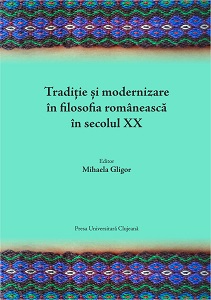
After 1990, the Romanian political philosophy freed from the compulsory official Marxist dogma had to choose between a range of inadequate options from the viewpoint of current reality: reconnecting with the interwar tradition but in a different historical context; replaying the cold war ideological clash this time from the anti-Marxist perspective, that seemed redundant given the political and economic failure of Marxism or embracing the western post modern discourse, that didn’t reflect in any way the current Romanian political and social realities. Faced with these alternatives it was necessary to regain a philosophical experience of the transition from modernity to post-modernity that will enable the adequate approach to the realities of the transition from communism to post-modern capitalism. Given this context, from a certain philosophical perspective, the study of Rawls from A theory of Justice to Political Liberalism provided a unique opportunity to escape tradition without canceling it, to overcome the socialist-capitalist dichotomy and to connect to contemporary philosophical debates without losing the local perspective.
More...
Since his work of youth (On the Inner Dialogue) Mihai Şora proposes the act of dialogue as an essential, self-producing state of the human being. Dialogue involves equality in dignity and alterity and the discovery of alterity as a revelation of the world as a structure of potentialities or openings of the me-you type, characterized by reciprocity. The me-you dialogue and the inner dialogue, the communion or the generalized dialogue, are at the same time an ethical commitment of the partners practicing openness and reciprocity, the foundations for freedom and for the awareness of our position in relation to the world. Dialogue produces the occupation of the inner space of the being as voice of the being and at the same time assuming of the outer space as discursiveness, as permanence of acts of being and acting together. Communion as an emotion thus edifies not only the subject participating in the dialogue but also a new entity, the communion itself, an affective perhaps agapic composition. Starting from here, we aim to explore the philosophy of dialogue of Mihai Şora as a theoretical background for a structuring the methodology of a dialogical counselling or philosophical practice aimed at elucidating and relating the subject to the outside world as an autonomous act of the self that is exercised in communion as co-author and giver of meaning.
More...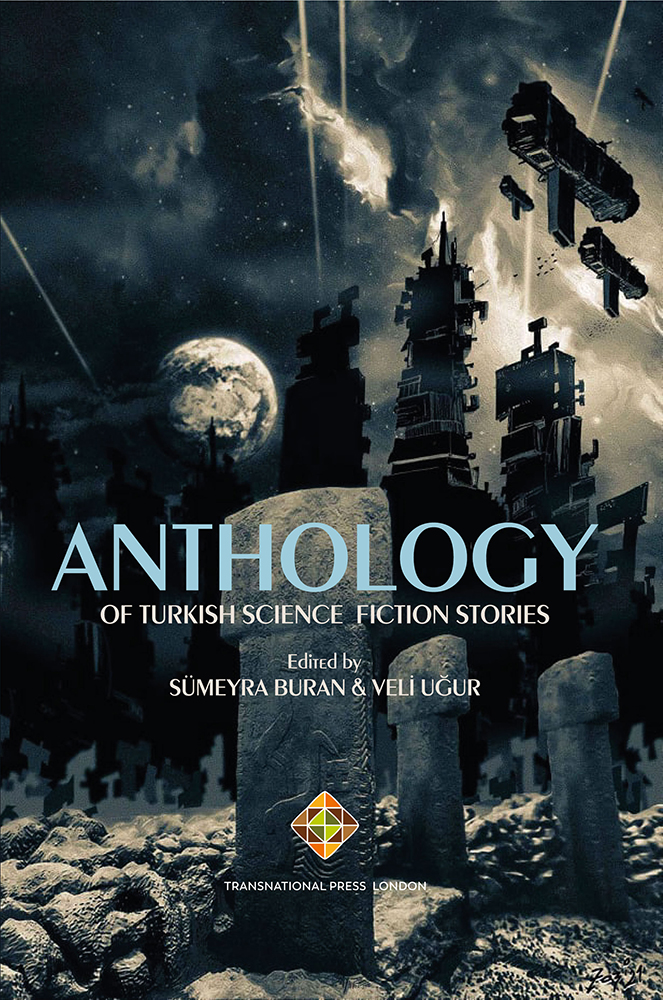
I am a sportsperson, she thought, trying to express her very thoughts on a platform she had never hoped to appear on; I fight to be better, for myself, for my team, for my country, which I have represented in dozens of international tournaments. We work with team spirit, friendships, and perseverance. This is what I was trained for, day and night, strict as military drills… although I stand for peace and understanding. I want to show what we, the women, neither repressed nor privileged, can achieve when we set our minds and hearts! I wish to inspire youth to be steadfast and independent! Otherwise, what’s the point of this much sweat… and blood… and tears? It means so much that we cannot lose them! I’ll no longer pretend to simulate this passion for machines!
More...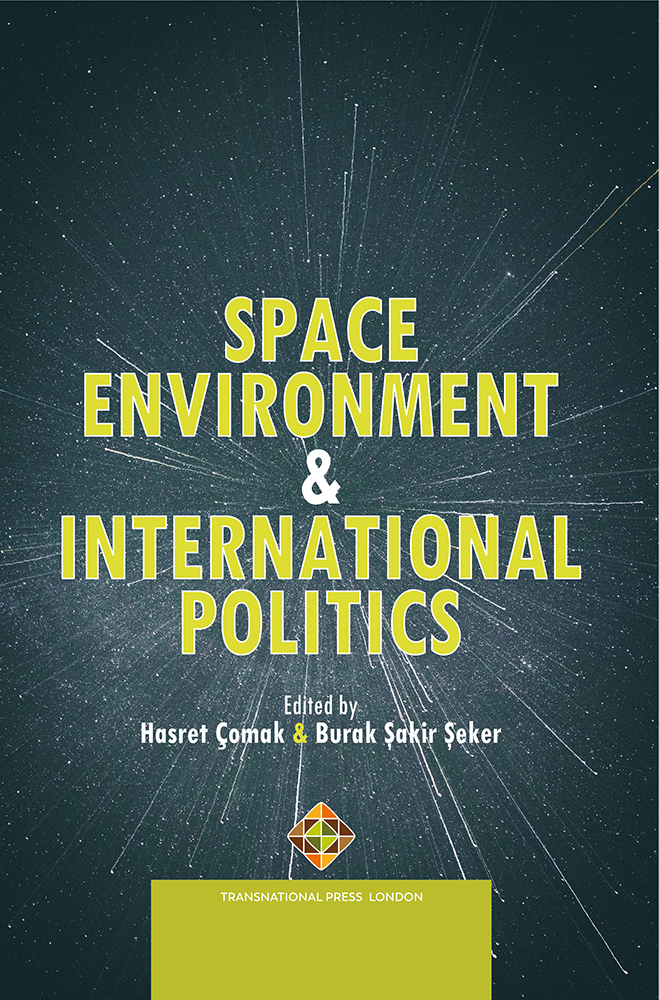
Emerging Space Warfare Technologies and Space as A Possible Theater of WarSpace activities are divided into two as civil and military space activities. Civil space activities include scientific and commercial activities. Military space activities, on the other hand, include military monitoring and intelligence activities that have been accepted for peaceful purposes until today. There is concern that military space activities will also turn into non-peaceful activities. Especially the armament of space and the possibility of possible conflicts to turn into space wars are quite frightening for humanity. It also means that both civilian and military space activities cannot be sustained. In order to prevent this situation from occurring, it is important to investigate the possibility of space becoming a theatre of war and to find ways to prevent this situation.
More...
Space and politics have always been inextricably linked. Space is also linked to the concepts of security, safety, and defense. In the context of security and safety, space infrastructures and services are key elements of the political and strategic dimension. This is because the main driving force of all space programs of states has been political objectives. The advent of space flight created a fundamental historical rupture between industrial modernity and the post-modernity of the information age, which was initially only vaguely perceived. The information age, in all its manifestations, has given rise for the first time in human history to a truly planetary international political system. The space age is the age of global politics.
More...
Unprecedented advances in science and technology directly affect the structure of contemporary international relations and reshape the balance of power. The technological rivalry between the two great powers in the international relations of the Cold War has gained extraordinary momentum with the inclusion of more actors in the post-Cold War world. In light of changes in the twenty-first century, the conventional three-dimensional – land, air, and sea – framework of sovereignty and power struggle in international relations has been expanded to five dimensions by including outer space and cyberspace. Considering the impact and decisiveness of outer space and cyber technologies on conventional domains, it is clearly seen that the structure and balance of twenty-first century international relations will be realized mainly through these two domains. Because of the unique character of outer space, the obscurities, and limitations it contains, constitute the primary focus of national and international security concerns of contemporary international relations actors. The intense interdependence of the artificial and anonymous structure of cyberspace with outer space technologies reveals the necessity of dominating cyberspace for dominating outer space. In such a complex environment, attempts to securitize outer space by international relations actors are naturally on the rise. Not only governments but also non-governmental actors appear to be directly and increasingly involved in the militarization and weaponization of outer space. The securitization of outer space through increasing militarization and weaponization initiatives has alarming implications for international security. Compared to conventional domains of sovereignty, possible destruction in outer space or cyberspace could have harsh and irreversible consequences on the entire world. Therefore, any diplomatic and legal initiative that strengthens cooperation and communication in outer space is of great importance for the establishment of international security. In this context, evaluating the status and impacts of space diplomacy is deemed crucial in order to better comprehend the future of international space politics in line with current scientific and technological breakthroughs.
More...
As a result of the development of space technologies, the number of satellites deployed around the world is increasing. These satellites are used for both military and civilian purposes. In the production process of satellites, costs have decreased and their sizes have decreased. The capabilities and variety of satellites have also increased. The increase in satellites deployed around the world can cause various problems. Satellites that are obsolete or out of use deviate from their course. Thus, the increase in votes brings with it the potential for danger. In this section, it is claimed that the potential risks will increase as the number of satellites deployed around the world increases. Today, the increase in the number of satellites brings with it serious problems. As a result of this increase, the danger of satellite pollution arises. Within the framework of these claims, it is necessary to focus on satellite pollution and to put forward various suggestions to prevent it.
More...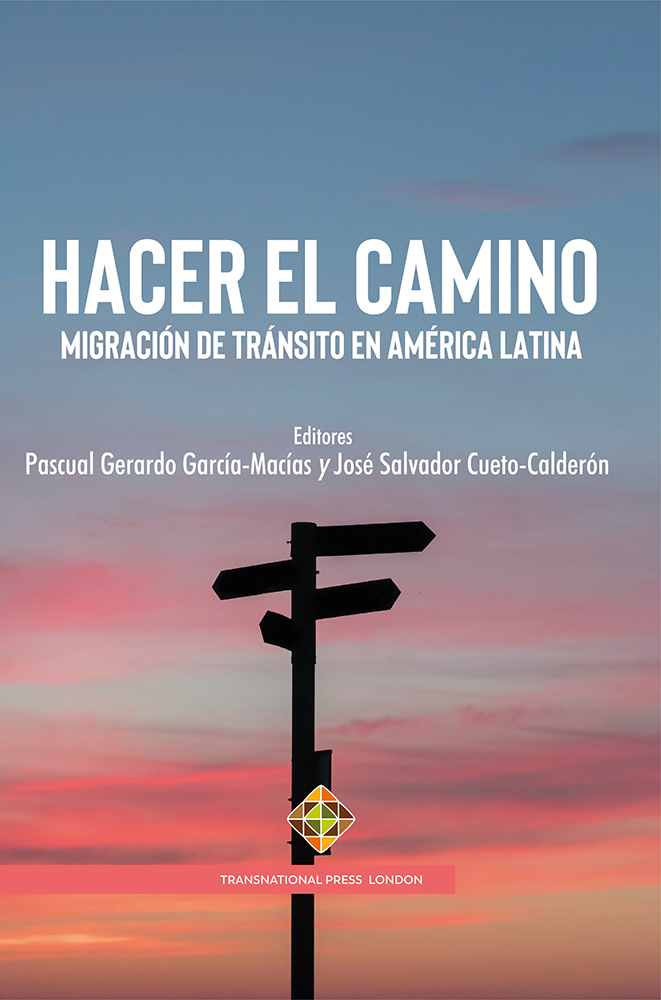
La migración humana ha sido un fenómeno constante y definitorio de nuestra especie desde tiempos ancestrales. A lo largo de la historia, las personas han emigrado de un lugar a otro en busca de una vida mejor, impulsadas por diversas razones, tales como la guerra, el hambre, la persecución o simplemente en busca de nuevas oportunidades. En el contexto contemporáneo, el fenómeno de la migración adquiere una relevancia y una complejidad sin precedentes, particularmente en regiones como América Latina, y específicamente en la ruta migratoria que atraviesa México. Este país, tradicionalmente considerado como un territorio de tránsito, ha vivido importantes transformaciones en relación a este fenómeno que merecen ser analizadas y comprendidas en toda su profundidad.
More...
Los migrantes en tránsito o también denominados población en movimiento, en condición irregular o no documentada corren mayores riesgos de vulnerabilidad en comparación con los documentados debido a que “tienen menos probabilidades de tomar decisiones o de trazar estrategias de escape” (Oficina del Alto Comisionado para los Derechos Humanos, 2021, p. 9) y porque están expuestos a diversos peligros por las condiciones climáticas y amenazas, particularmente de agentes informales denominados “coyoteros” “pasadores” o “polleros”. Estos grupos ilícitos se aprovechan de la desesperación de los inmigrantes los cuales se ven atrapados en redes especializadas de trata y tráfico de personas. Este hecho ha evolucionado para convertirse en uno de los peores escenarios de esclavitud contemporánea, representando una vergüenza a nivel mundial.
More...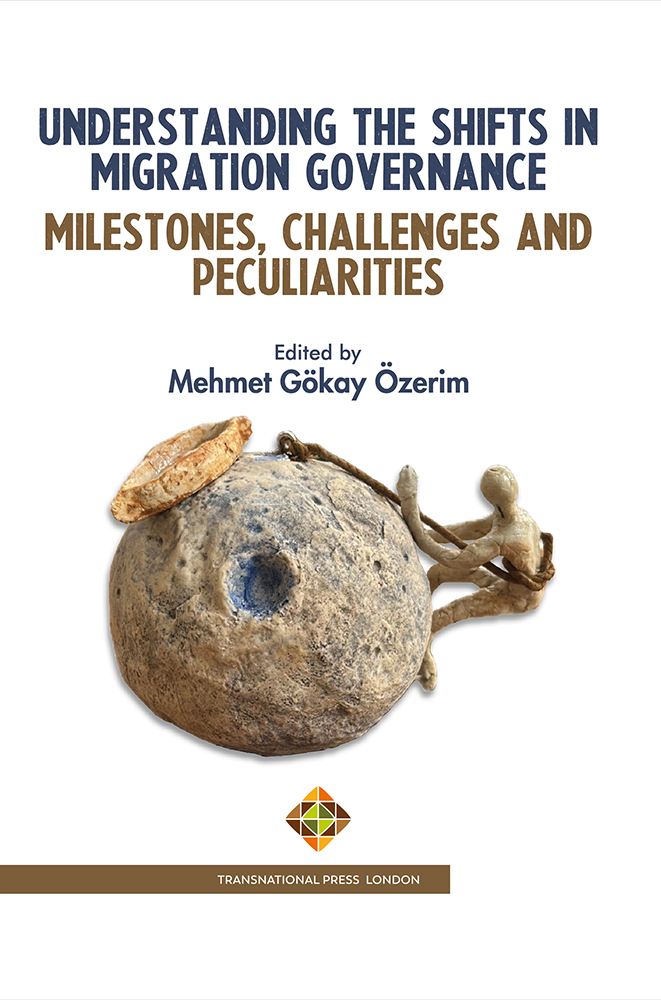
As a result of political and socioeconomic instability which gained momentum in the last decade, and the rising tensions and conflicts in its neighboring countries, a surge in the irregular departures from Tunisia towards the countries of European Union (EU) became a salient feature of post-revolutionary Tunisia. With 1.3 million Tunisians residing abroad as of 2016, Tunisia represents a prime emigration country in the Mediterranean region (Natter, 2021). Driven by its own political and economic interests in the region, migration has figured high on the agenda of EU’s policymakers. Tunisia represents EU’s key partner in various domains, with their partnership dating back to 1976 with its legal basis in Association Agreement signed in 1995. The 2011 Revolution represented a turning point in the EU-Tunisia relations, rendering EU a crucial partner in provision of support to the Tunisian transition towards the modern democracy. As stated on the official web page of the European Commission: “The partnership between Tunisia and the European Union (EU) is rooted in the mutual interest of enhancing a prosperous and stable Tunisian democracy” (European Commission) . In addition to that, Tunisia benefits immensely from the generous financial support provided by the EU with the aim of enhancing migration governance and addressing the root causes of irregular migration. Yet, as per Lixi, the relations between Tunisia and the EU have long been motivated by the mutual needs and interests with rare examples of a true cooperation (Lixi, 2018).
More...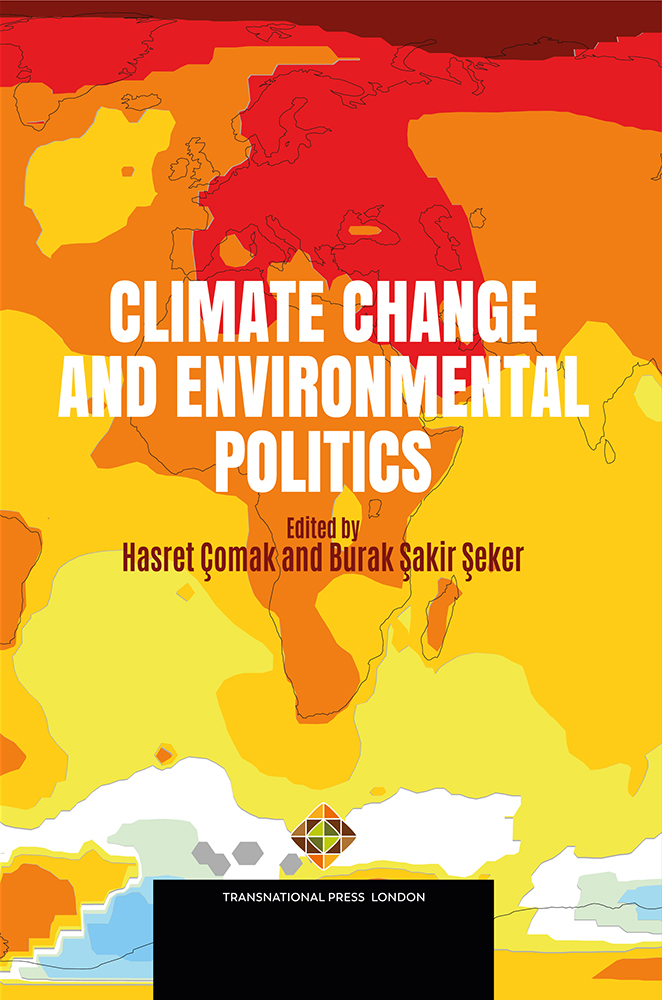
The interplay between the ocean and climate change is gaining a new dimension. Small Island States are among the most vulnerable of all, and many island nations are struggling to escape the effects of the climate change, which accelerates the degradation of the natural resources that underpin their economies, causing sea level rise, which leads to the salinization of rivers and lakes and therefore, scarcity of fresh water resources, and decline of coral reefs and fish stocks, which are the basis of their economies and eroding coastlines battered by intensifying storms.
More...